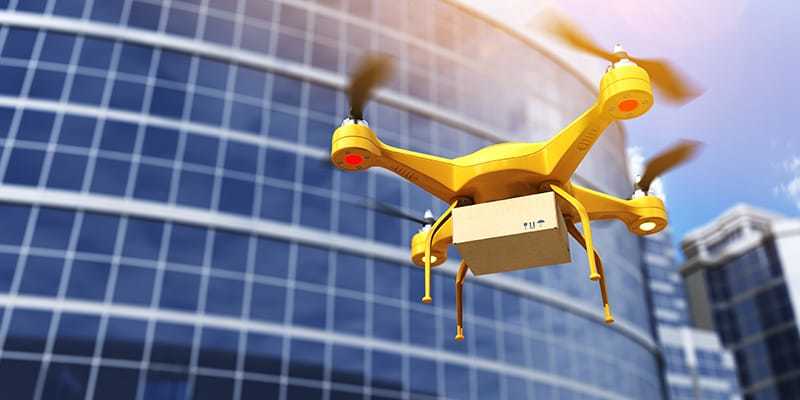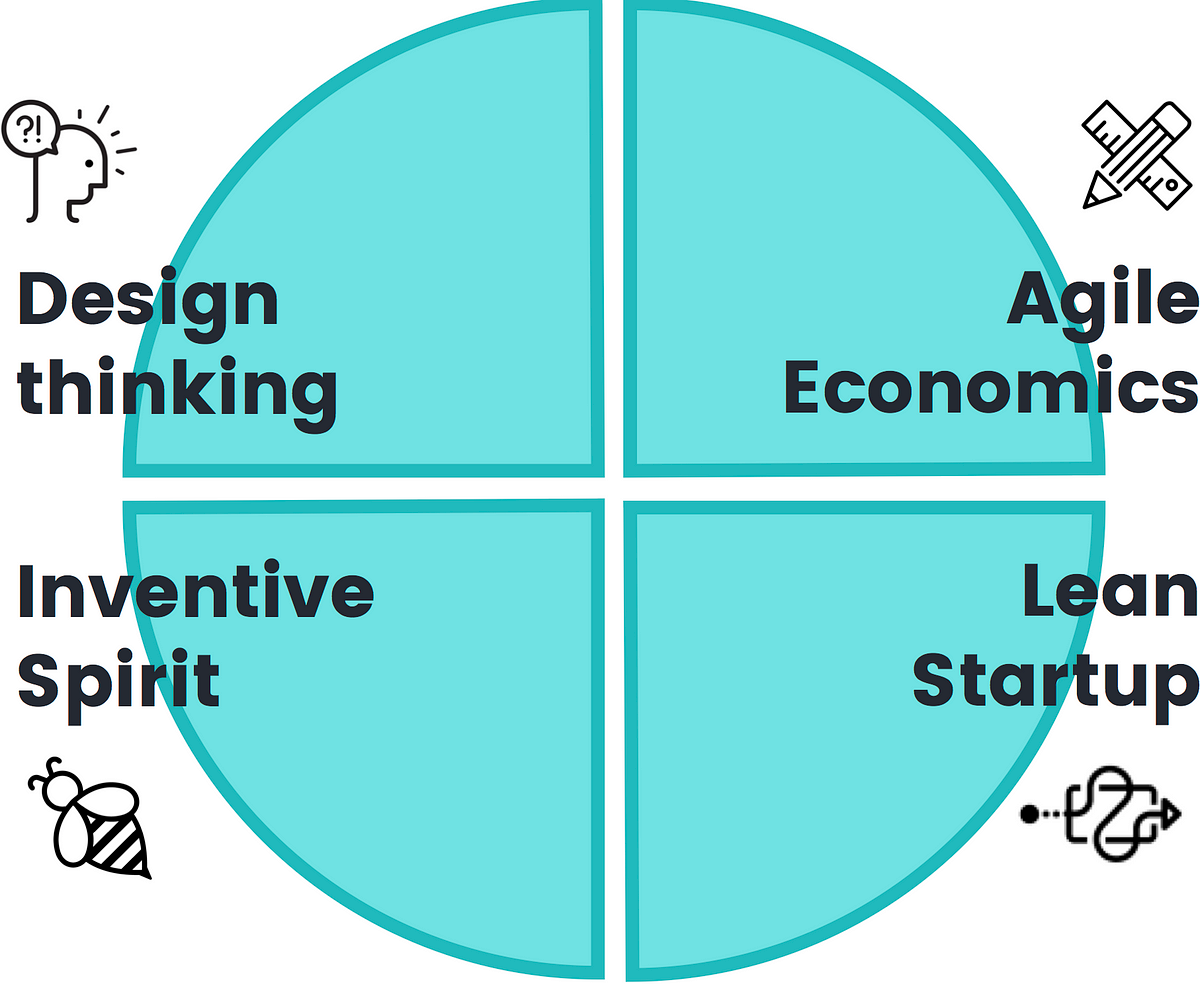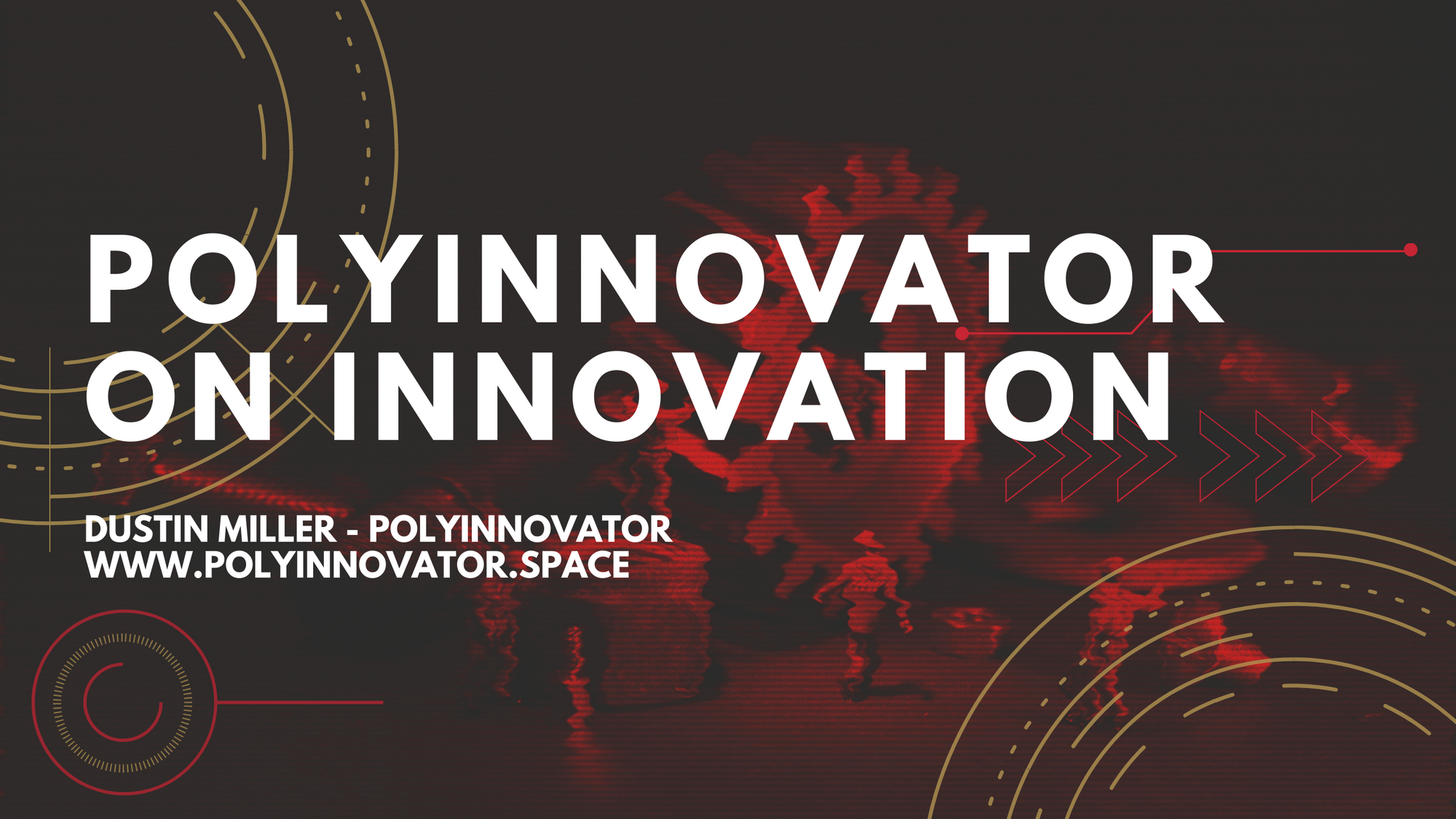Let's start off with the textbook definition, as the mindset should be established for this post.

In essence to produce something new, whether it is iterative, synergistic, or perhaps collaborative. We take something of a knowledge base, that is established prior, and build something new from it. Taking the old computer and designing something new based off of the idea of a logical processor connected to a mother board, etc.
Then we get to something that of a Quantum Computer, that changes the actual physical science of how the computation works completely. It has become its own field in of itself, what started out conceptually as an innovation of the previous system became something totally new. Now my knowledge of Quantum is limited, and so perhaps people always thought of it isolated.
However with the programs I see happening now, I think there is a communal approach to innovating the Quantum field, with the mindset of traditional programming. People having to innovate the way they think to progress in that field.
Alas I digress, and the point is that what was once an innovation in one field, then became something in of itself entirely. Calculation machines eventually became computers, writing on stone tablets eventually became paper and books, and so forth.
Read the Tag
Why is innovation important?
We are an ever changing species, and how we progress as a whole for humanity; Is based on whether or not we #MakeAChange in various fields. The various industrial revolutions only happened because of a dramatic/innovative invention. Take the steam engine for example, or better yet the internet as a whole. I would argue too the Web3 version of the internet, that we are entering now as well.
The true nature of change
Our lives are like a constant flow of water, which is why I often lean towards Taoism. This is because by going with the flow of the universe, you do not waste energy fighting the current. A fish does not often swim upstream, and when they do they often fail.
The same can be applied more so in our human experience. Some of you might think this section is a bit flighty to put in a more scientific type post of innovation. However one must have balance in their mindset, in my opinion, to have the best outcome. Balancing science and philosophy is the key to brilliant innovation.
Transform 2 Things into 1
When you look at to disparate, or even related fields, there are often things that correlate between disciplines. However sometimes there are ways to make those relationships even deeper.
Take biotechnology, or even quantum computing, where you are taking the physical science of one area and combining it with something that you wouldn't even consider to be compatible. Biology of the human body, with cybernetics and enhanced technology.
How to Innovate
The book Steal like an Artist comes to mind here, as in reality 99% of people are not going to create any NEW ideas. Everything you can think of has more than likely been done or at least thought of before. Hence the idea of stealing like an artist. You take one thing, and use a different lens/viewpoint on it. Then transform it into something else.
Cross-disciplinary training is great for something like this, and some schools in Europe for example will do something akin to this. Where you look at history through the lens of geology, or at chemistry with the lens of calculus, etc.
By taking a different point of view you establish a new ground for a tree ideas to sprout.
What Actions are YOU Taking?
You can also do things to make yourself more prone to having new novel ideas. Again they may not be new in the sense of the world, but if no one has done anything like it then they may as well be "new". Also in the business world it isn't the first to execute something that wins, it is the person that can do it better (could be the first or someone who comes after).
Using the mindset of Da Vinci, or perhaps just admiring how he would feed his insatiable curiosity.
You can train your mind to be more open to the world around you, picking up more things, imprinting more unique memories and experiences, and overall having a more filled life.
What is innovation?
It is the process of transforming what is known, into something that is improved yet currently unknown. Now that might sound a bit floaty or philosophical for some, but I think in order to truly understand innovation; Then you need a bit of philosophy in there.
Make an Impact
In any field if you could improve the way things are done, then you are making an impact. Take that mindset, and apply to an even more crucial field then your impact is ten fold. Take for example the global supply chain, or sustainable energy models, and more.
You can become a social entrepreneur, or an innovator, if you just try to find that new lens of looking at a problem to solve uniquely.
Become an Innovator

How to be innovative
Decide whether or not the field you are working is that of an iterative process (arguably the most common and easier type), a synergistic approach (meaning that it takes a multidisciplinary person to find the overlap), or that of a collaborative approach (taking multiple types of people, maybe even multiple types of multidisciplinary people).
Once you decide how difficult the challenge will be, then you can figure out what the next steps are. Perhaps you use something of an Innovation Matrix to get your ideas/plans sorted.

Take the PolyInnovative approach
Polymathy is the act of being a multi-specialist, and/or having many deep areas of learning. Take for example Merritt Moore, where she is a professional ballerina, as well as a quantum/laser physicist. She is well on her way with robotics, and intends on becoming an astronaut. I for one think she is fully capable of doing such a feat as well, and this is because of how she approaches her multidisciplinarian lifestyle.
Being able to tackle multiple things at once, something I (and others) often refer to as "juggling", is not something easily done. You have to account for interleaving, loss of accumulated knowledge through lack of doing, and overall time opportunity cost. One thing that Merritt would do very well is interleaving, so while she waited on her science experiments to finish she would stretch and practice her ballet.
Using the optimal break times, and overall mixing between two fields to improve results in the other. Not only would her body be more ready for ballet, but it would also improve performance in the lab (my own assumption!).
Polymath innovation
By merging your actions between disparate fields, you can not only improve results by using your breaks in a productive way, but also improving your efforts by doing so. If you are doing a mental pursuit, then combine it with a physical one, and vice versa. If you have two mental pursuits, but they take your mental resources in different ways; I.e. Focus versus retention/memory for example, then try to switch between them optimally so that you can not overdo your brain's functions.
Beyond just the interleaving and balance of time management, there is also the benefit of taking one thing from one area, and bringing it into the new one. For example I would say I am extremely well skilled in Lego building, I've been trying to build a ship since I was a child, and that skill may not seem to have any connotation to anything. However I have been also building a Life Operating System in Notion.so over the past couple years.
Let alone the power of play in the workplace too!
The same line of thinking of how to uniquely combine two Lego pieces, is the same exact thought process as I would do with Notion Templates or databases and design ideas. How I form together my own PolyInnovation Operating System, which was made for people who are polymathic or need an advanced life second brain.
The point is to take one skill and find ways to apply it to other areas. Another example could be the lessons I learned about grit in the gym, as when you are pushing yourself past a personal record. The feelings of numbness from the lactic acid, the feeling of wanting to give up, the feeling of "oh I did enough", but instead choosing to keep going anyways. That lesson of grit can also be applied to more mental endeavors, such as pushing past your boredom or mental breaking point to finish an experiment or blog post in my case.

![Official Website for Dustin Miller PolyInnovator [LLC]](https://www.polyinnovator.space/content/images/2025/03/polyinnovator-logo-2024.png)















